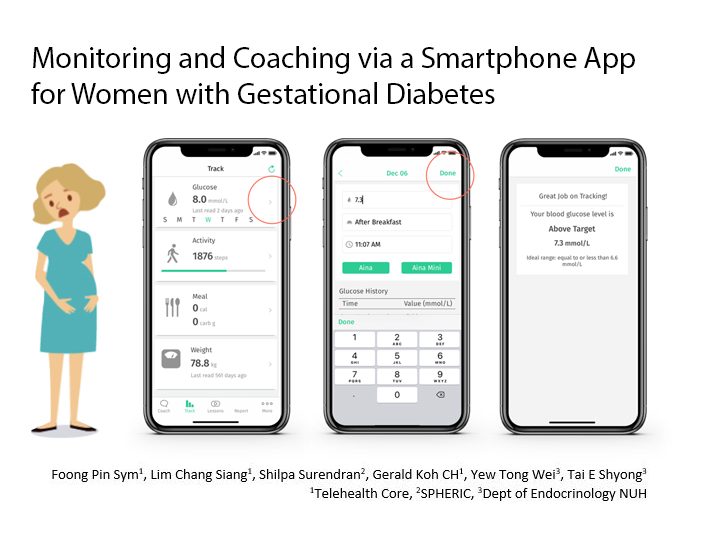
The Habits GDM app designed to monitor and coach women with gestational diabetes. The goal was to help them attain better control of blood sugar, and have gestational weight gain within a recommended range, with fewer pharmacological interventions.

To participate, visit ClinicalTrials.gov for registration! Sponsor: National University Hospital Research Aims The aims of this study are to determine the safety and efficacy of Neuroaid II (MLC901), in combination with standard treatment (cholinesterase inhibitors or memantine), in patients with mild to moderate Alzheimer’s disease. NeuroAid is a mixture of…

To participate, visit ClinicalTrials.gov for registration! Sponsor: Axovant Sciences Ltd Research Aims The aims were to evaluate the efficacy of intepirdine (RVT-101) in combination with donepezil, compared to placebo, in patients with mild to moderate Alzheimer’s disease. How the Core Was Integral to the Study Recruited (14 patients in 6…
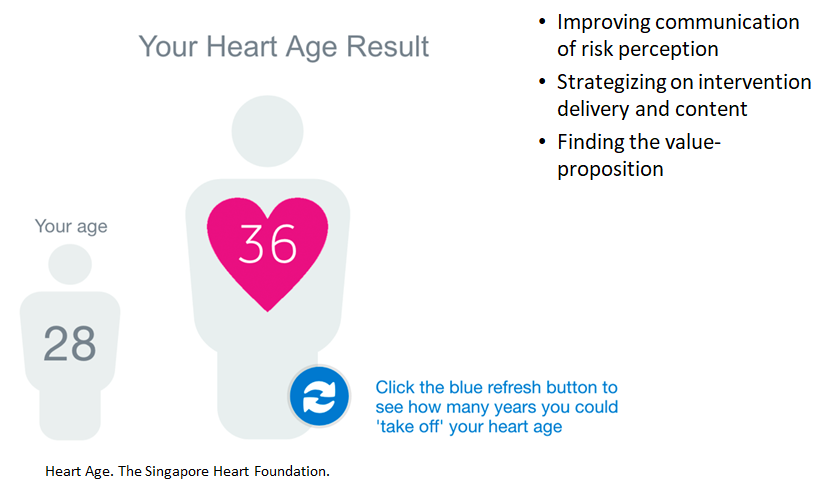
A heart age risk communication tool for cardiovascular disease is a method to convey a person’s risk of developing heart-related issues. Instead of presenting the risk in percentages or technical terms, it communicates the age of a person’s heart based on their cardiovascular risk factors. If someone’s heart age is…
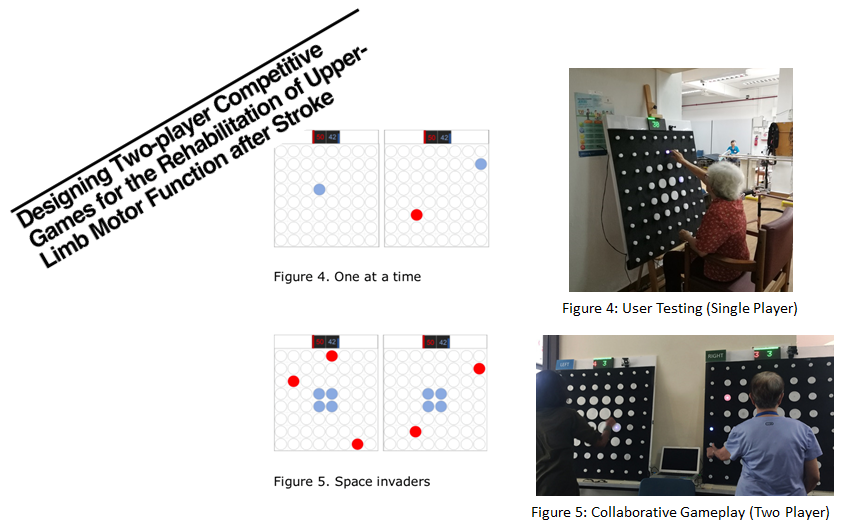
This Telehealth Core project takes a design-thinking approach to the perennial problem of motivation in rehabilitation. With a creative re-imagination of a standard stroke rehabilitation tool, the research led to enhanced participation, and longer-term engagement with therapeutically beneficial exercise.
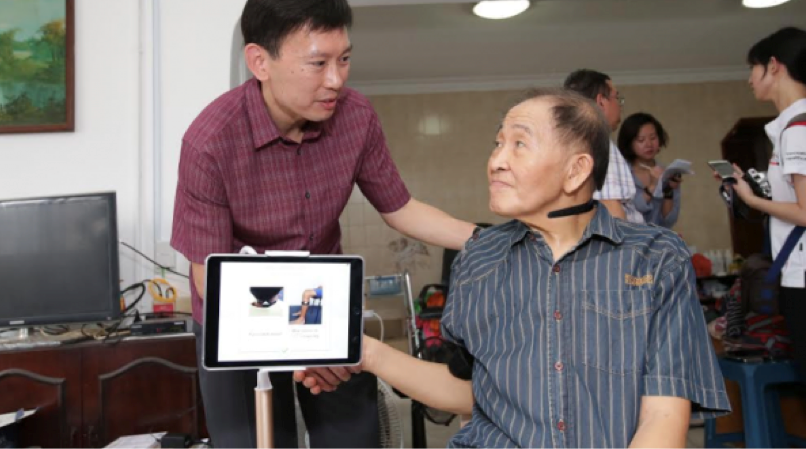
Participation in rehabilitation is one of the greatest determinants of stroke recovery. This Telehealth Core app supports patients in conducting their exercises, while enabling therapists to monitor their progress. Learn more about this project here. Koh GC, Yen SC, Tay A, Cheong A, Ng YS, De Silva DA, et al….
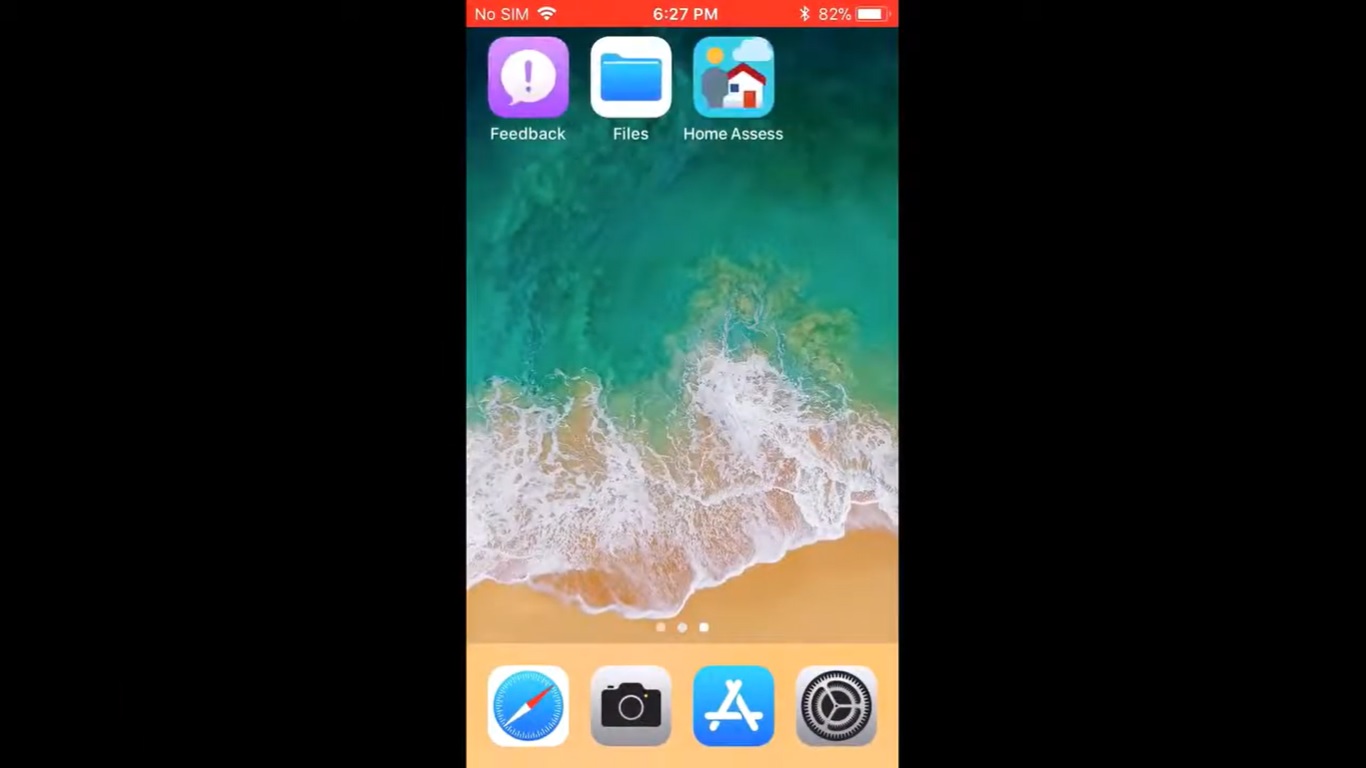
The Telehealth Core home assessment app is a research project to solve a problem of remote access. Today, occupational therapists need to conduct more home assessments for patients pre-discharge. The goal is to save travel time, while connecting caregiver and care staff as they work to smoothen the return home…
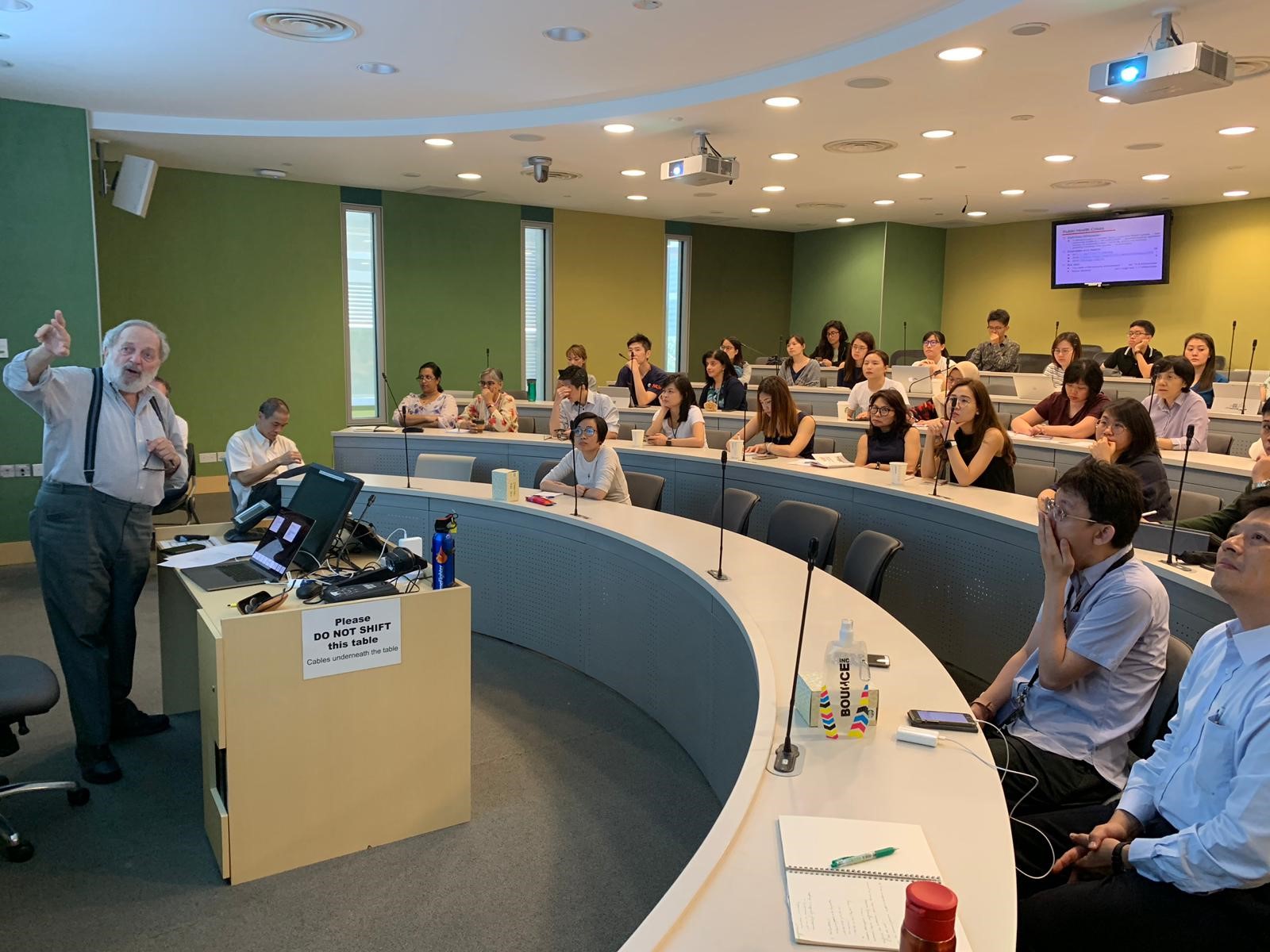
Telehealth Core co-hosted Prof Emeritus Ron Baecker, a respected researcher in the field of technologies for seniors at NUS. He gave two talks, one on “What Society Should Require of AI” and another on “Designing Technology to Keep Seniors Connected”. Notes for the second talk are available for download. [downloadable…

Pin Sym also co-authored a study on a novel interactive artifact – EYEditor, that opens up options for on-the-go text editing. Together with collaborators from the NUS-HCI Lab we explored differently levels of text editing and path complexity to understand the tradeoffs in such a complex interaction.

The annual conference of the Association of Computing Machinery’s Special Interest Group – Computer Human Interaction (ACM SIGCHI) is the premiere conference for the field of Human Computer Interaction Telehealth Core is proud to announce our paper on family caregivers’ evaluation of our HomeAx project has been accepted for publication…
